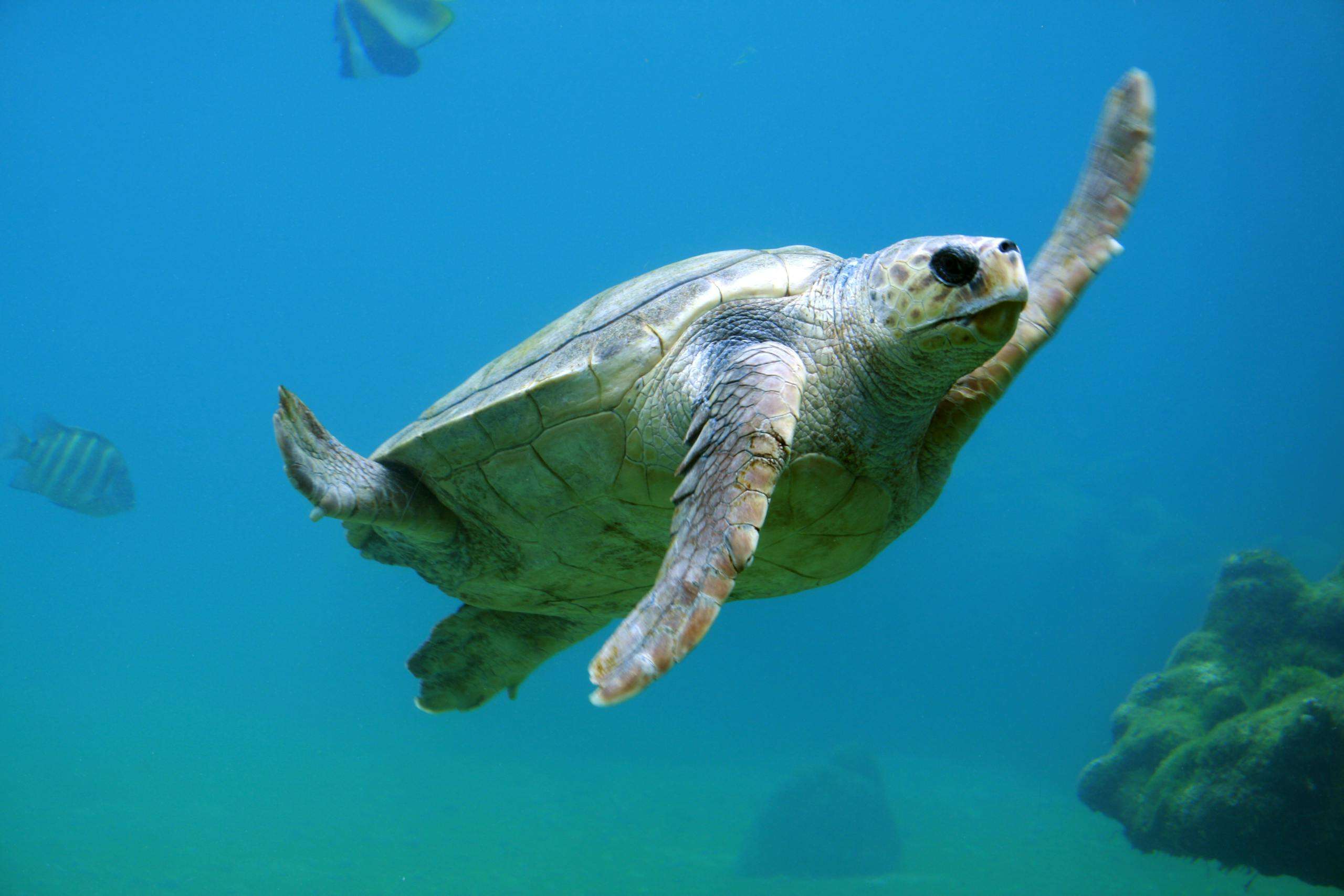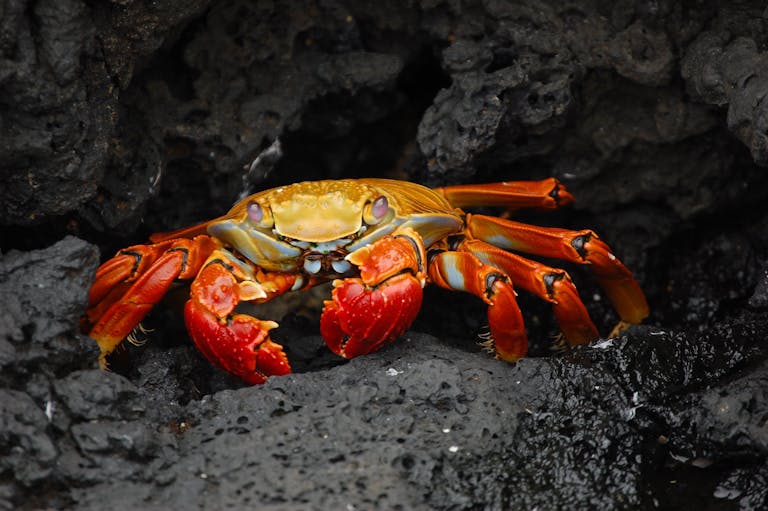Is Turtle Halal? Understanding Why Turtles Are Considered Haram in Islam
The question of whether turtles are halal has been a topic of discussion among Muslims. Turtles, being reptiles, fall into a category of animals that many Islamic scholars do not consider permissible to eat. So, is turtle halal?
ANSWER: NO, TURTLE IS NOT HALAL.
Why Turtles Are Not Permissible to Eat
In Islamic dietary laws, the permissibility of consuming animals is determined by their classification and how they are mentioned in Islamic texts. Turtles are reptiles, and most scholars agree that reptiles, in general, are not permissible (haram) to eat. Here are the primary reasons:
1. Classification as Reptiles
Turtles are cold-blooded reptiles, and Islamic teachings often classify reptiles, such as snakes and lizards, as haram. Since turtles belong to this group, they are generally not considered halal.
2. Lack of Clear Permissibility
Unlike fish and other sea creatures, turtles do not have explicit permission in the Quran or Hadith to be eaten. In the absence of clear evidence, Islamic scholars tend to err on the side of caution and advise against consuming turtles.
3. General Scholarly Consensus
The majority of Islamic scholars agree that reptiles are haram due to their nature and characteristics. This consensus extends to turtles, making them impermissible to eat.

Quranic Verse and Hadith Related to Turtles
While the Quran and Hadith do not specifically mention turtles, they do provide guidance on the types of animals that are permissible to eat.
Quranic Verse
The Quran mentions that sea creatures are generally permissible:
“Lawful to you is the game of the sea and its food as provision for you and the travellers.” Surah Al-Ma’idah (5:96)
However, this verse is often interpreted to refer primarily to fish and similar sea life, not reptiles like turtles.
Hadith
There are Hadiths that discuss the permissibility of certain animals, but they do not specifically mention turtles. Instead, they highlight the general rule that harmful or detestable animals are not to be consumed. Since reptiles often fall into this category, turtles are included in the list of animals that should be avoided.
Scholarly Opinions on Eating Turtle
Islamic scholars from different schools of thought (Hanafi, Shafi’i, Maliki, Hanbali) have weighed in on the issue of eating turtles. The consensus is largely negative, with most scholars agreeing that turtles should not be eaten.

Hanafi School
The Hanafi school strongly opposes the consumption of reptiles, including turtles, considering them haram due to their classification.
Shafi’i and Maliki Schools
These schools also classify reptiles as haram, reinforcing the view that turtles are not permissible to eat.
Hanbali School
The Hanbali school shares the same view, categorizing turtles with other reptiles that are haram.
Conclusion
Turtles are not considered halal in Islam. As reptiles, they fall under a category of animals that are generally regarded as haram. The lack of explicit permissibility in the Quran and Hadith, combined with the scholarly consensus against consuming reptiles, makes it clear that turtles should not be eaten by those who follow Islamic dietary laws.
Frequently Asked Questions
Why are turtles haram?
Turtles are haram because they are reptiles, and most reptiles are not permissible to eat in Islam.
What about turtle eggs? Are they permissible to eat?
Turtle eggs are also considered haram for the same reasons as the turtles themselves.
Are all reptiles considered haram in Islam?
Yes, most reptiles, including snakes, lizards, and turtles, are considered haram.







